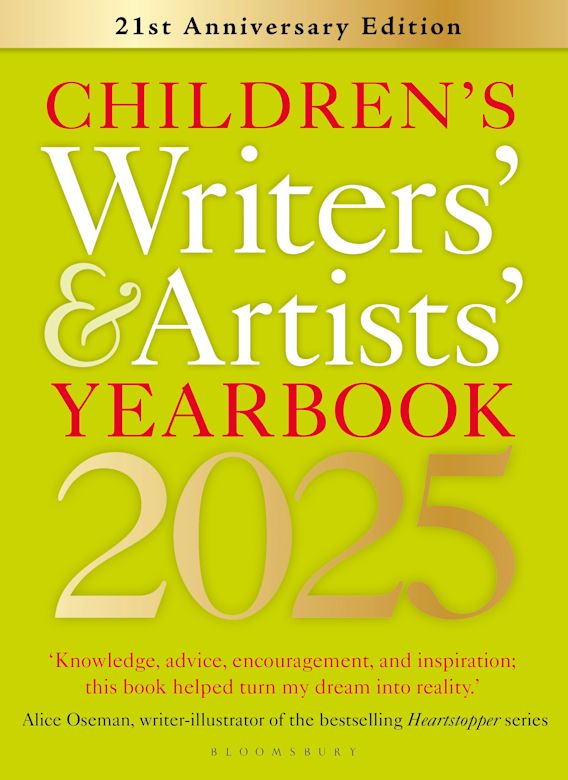In this extract from her article for the Children’s Writers' & Artists' Yearbook 2025, Camilla Chester explains how empathy is a significant tool for children and adults as well as a superpower when writing.

Empathy, I have seen, is something that can be taught and practised. EmpathyLab works with teachers, librarians and schools to encourage children to develop their empathy superpowers through fun activities such as creating paper glasses that magically allow the wearer to really see others, or having a child ‘become’ a character in a story who other children can question. All of this is hugely beneficial to the school environment. When children can empathise, their ability to connect and interact is vastly improved. They have much stronger social relationships, which help their mental health. When children feel connected, they feel secure and ready to learn. They are kinder to one another, so there is less negative behaviour. Empathy leads to more developed, pro-social attitudes and the ability to make positive change.
Empathy isn’t just a superpower for children, however. Adults, particularly those of us writing for children, need to flex their empathy superpower too. We know that reading for pleasure is immensely powerful, activating an area of our brain that enables us to really feel and experience the emotions of the character(s). But this works both ways. We, as writers for children, can use our own ability to empathise with others to create characters that are wholly different from ourselves and write outside of our own personal experience. To do that, we have to actively listen and connect on a deeper level to the characters and the lives that we are trying to portray. In short, we need to empathise. It is crucial that we understand ourselves and our personal lens of the world to write, but we must also make sure that what we are writing comes authentically and genuinely from the point of view of the character(s) we portray, and not only our own, limited view.
Camilla Chester is a dog walker who writes. She is the author of three self-published children’s novels as well as Call Me Lion (Firefly Press 2022). Find out more about Camilla on her website.
This is an abridged version of an article taken from the Children's Writers' & Artists' Yearbook 2025.
Comments